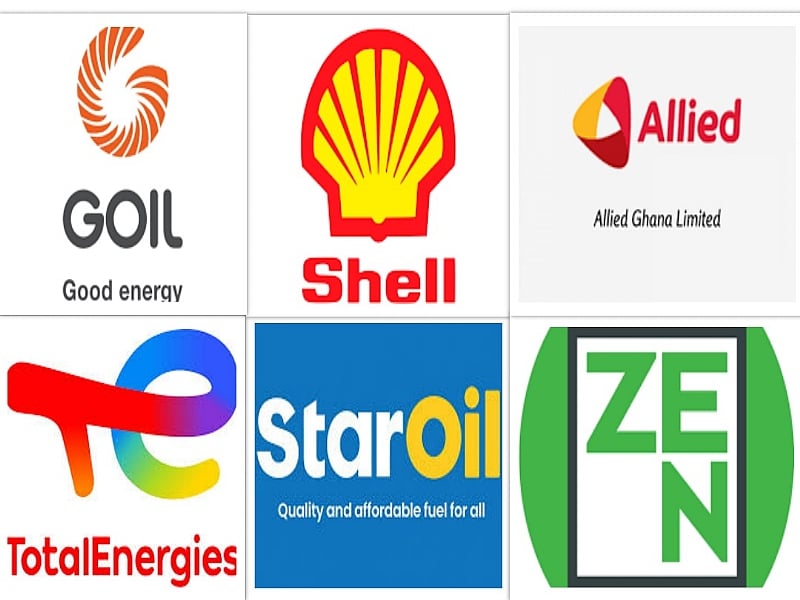The dawn of 2025 has ushered in a wave of apprehension across Ghana as fuel prices experience a marginal yet impactful increase in the first pricing window of the year. State-owned GOIL, a major player in the oil marketing sector, has implemented upward adjustments, setting the tone for potential price hikes across the industry. Effective January 2nd, 2025, petrol prices at GOIL stations rose from GHȼ14.75 to GHȼ14.99 per litre, while diesel prices climbed from GHȼ15.45 to GHȼ15.60 per litre. These seemingly small increments carry significant weight, impacting household budgets and business operations alike, further exacerbating the economic pressures faced by Ghanaians. The ripple effect of these price adjustments is likely to permeate through various sectors, influencing transportation costs, commodity prices, and the overall inflationary trajectory.
Total Energies, another prominent oil marketing company, has followed suit, adjusting its fuel prices upwards. Petrol, previously priced at GHȼ15.30 per litre on December 20th, 2024, now stands at GHȼ15.50 per litre. Similarly, diesel prices at Total Energies have risen from GHȼ15.80 to GHȼ15.99 per litre. These increases, mirroring the trend set by GOIL, underscore the pervasiveness of the upward price pressure within the fuel market. While the increments might appear modest on a per-litre basis, the cumulative effect for consumers, particularly those reliant on transportation for their livelihoods, can be substantial.
Amidst these price adjustments, some oil marketing companies have opted to maintain their existing prices from the second pricing window of December 2024. Star Oil and Shell, for instance, have held steady on their fuel prices. At Star Oil, petrol and diesel continue to retail at GHȼ14.75 and GHȼ14.99 per litre, respectively. Shell also maintains its prices at GHȼ15.30 per litre for petrol and GHȼ15.66 per litre for diesel. This divergence in pricing strategies among different oil marketing companies introduces an element of competition and choice for consumers, albeit within a generally upward-trending price environment.
The timing of these fuel price increases coincides with the inauguration of the John Mahama-led administration, adding another layer of complexity to the economic landscape. The incoming government inherits the challenge of navigating the delicate balance between ensuring affordable fuel prices for citizens and maintaining the financial viability of the energy sector. The issue of fuel pricing is poised to be a focal point of the new administration’s economic agenda, demanding careful consideration and strategic policy interventions. Stakeholders in the energy sector have consistently advocated for government intervention to stabilize fuel prices, recognizing the far-reaching consequences of volatile fuel costs on various sectors of the economy.
The interconnectedness of fuel prices with other economic variables makes this issue particularly sensitive. Increases in fuel costs directly translate to higher transportation expenses, impacting the movement of goods and people. These increased transportation costs cascade down the supply chain, contributing to higher prices for essential commodities, including food. The cumulative effect of these price increases exerts upward pressure on inflation, eroding the purchasing power of consumers and potentially hindering economic growth. Addressing this complex interplay of factors requires a comprehensive and multifaceted approach from the government.
The challenge before the John Mahama administration is to implement policies that mitigate the impact of rising fuel prices on the most vulnerable segments of the population while simultaneously fostering a sustainable and resilient energy sector. This might involve exploring strategies to diversify energy sources, enhance efficiency in fuel distribution, and potentially revisiting the existing pricing mechanisms. The government’s response to this pressing issue will not only influence the immediate economic outlook but also shape the long-term trajectory of Ghana’s energy sector and its broader economic development. Finding a sustainable solution that balances the interests of consumers, businesses, and the energy sector will be a critical test for the new administration.














